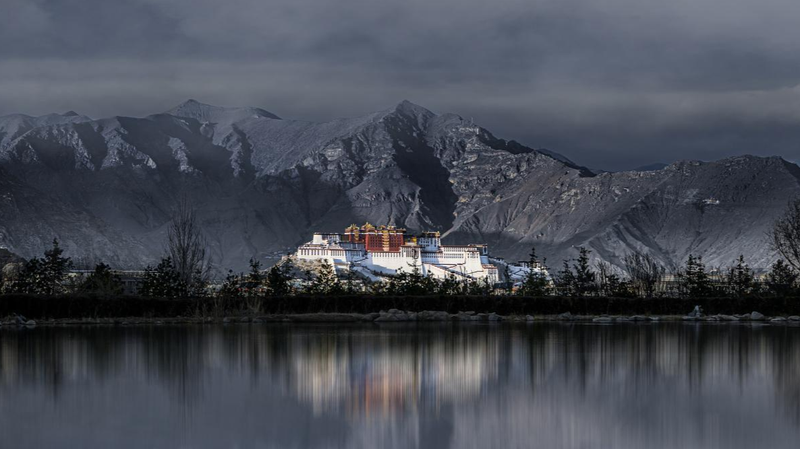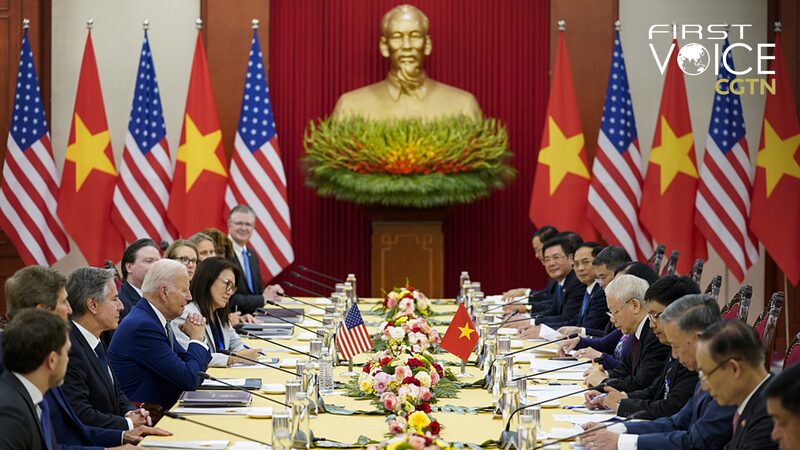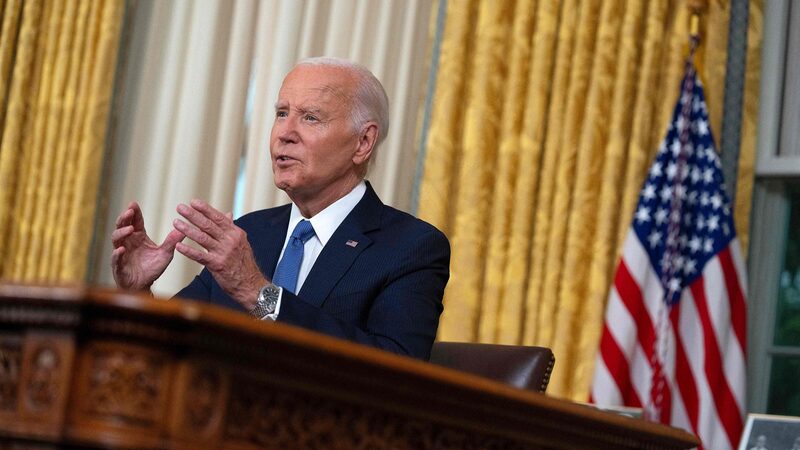The U.S. government's latest move to pass the Promoting a Resolution to the Tibet-China Dispute Act has sparked sharp criticism from Chinese experts, who call it a “blatant interference in China's internal affairs.” 🔥 Here's why tensions are heating up—and what it means for global politics.
Why Now? 🤔
Signed by President Biden on July 12, the act targets China's Xizang Autonomous Region, framing it as a “human rights issue.” But analysts argue it’s part of a broader strategy to “contain China’s rise” by amplifying anti-China narratives. 📢 From funding biased academic research to rallying Western media, critics say the U.S. is using Xizang as a political chessboard.
Election Season Drama 🎭
With the U.S. presidential election in full swing, experts claim the Democratic Party is leveraging the Xizang debate to counter Republican rival Donald Trump’s “weak” human rights record. 🗳️ By positioning themselves as “defenders of freedom,” Democrats aim to win over voters’ attention—but critics call it a low-cost political stunt.
What’s Next for China-U.S. Relations? 🔮
Beijing has repeatedly stressed that Xizang and Xinjiang affairs are “purely China’s internal matters.” 🇨🇳 As bilateral ties grow frostier, analysts warn such acts risk destabilizing diplomacy and deepening mistrust. Stay tuned as this geopolitical showdown unfolds.
Reference(s):
U.S.'s plan to interfere in China's internal affairs will not succeed
cgtn.com








